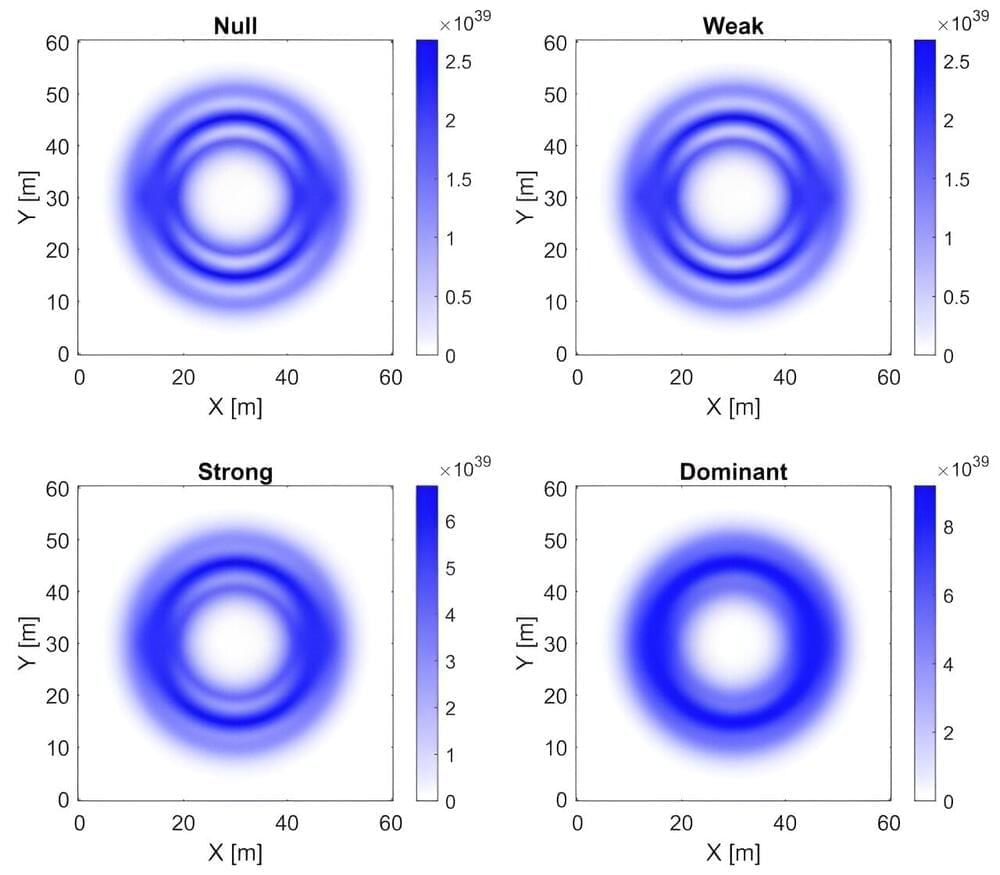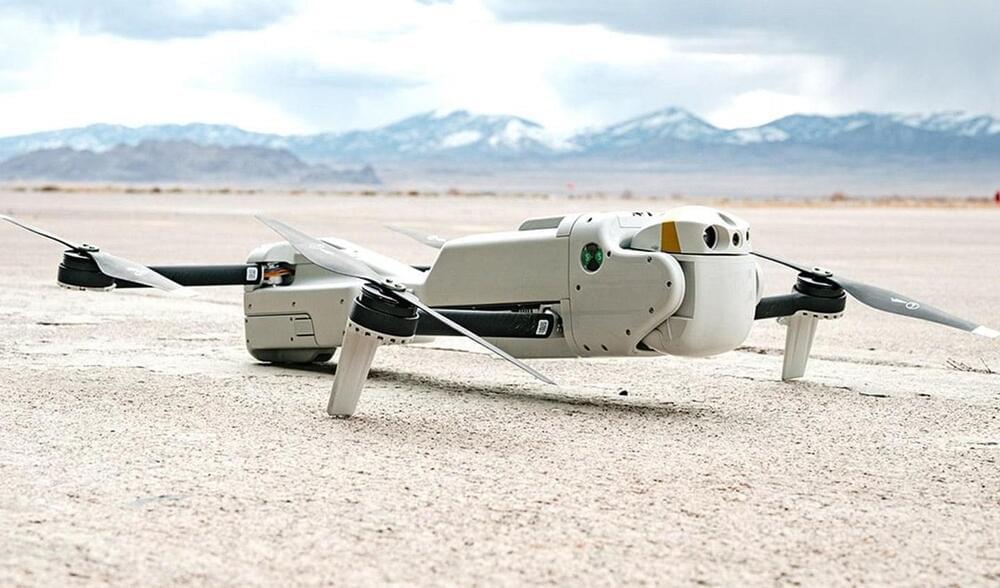In his new book, Dr Alan Herbert gives an honest account of his journey in the discovery of left-handed DNA.
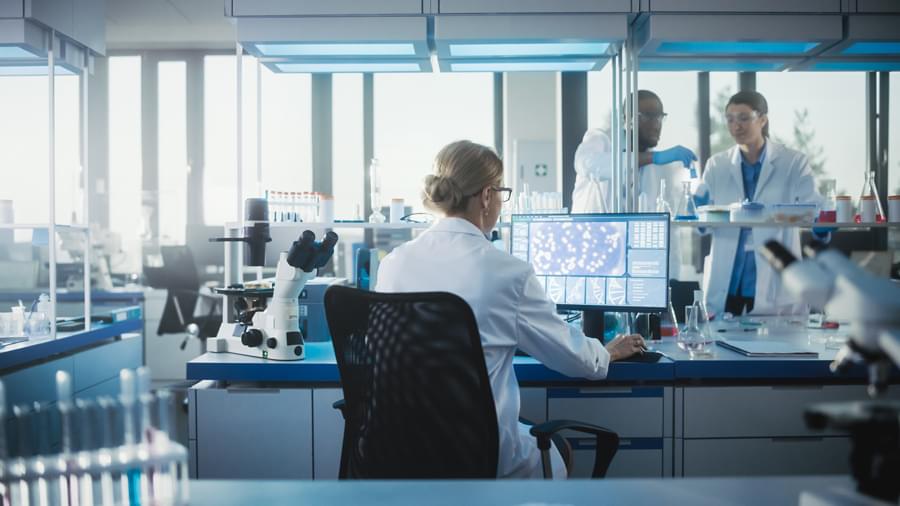

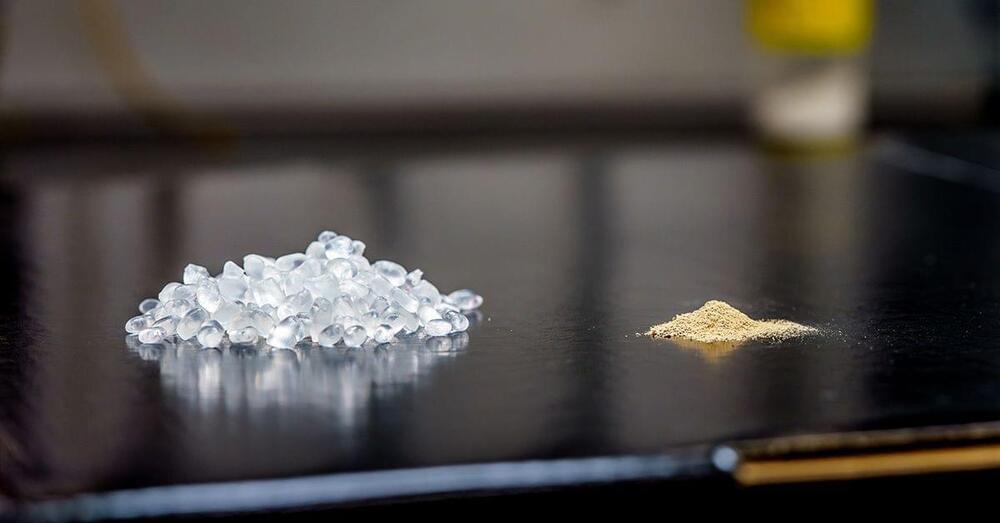
A new type of bioplastic could help reduce the plastic industry’s environmental footprint. Researchers led by the University of California San Diego have developed a biodegradable form of thermoplastic polyurethane (TPU), a soft yet durable commercial plastic used in footwear, floor mats, cushions and memory foam. It is filled with bacterial spores that, when exposed to nutrients present in compost, germinate and break down the material at the end of its life cycle.
The work is detailed in a paper published on April 30 in Nature Communications.
The biodegradable TPU was made with bacterial spores from a strain of Bacillus subtilis that has the ability to break down plastic polymer materials.

In its superconducting state, an exotic metal harbors charge carriers that appear to have 4 and 6 times the charge of a single electron, suggesting the formation of Cooper-pair “molecules.”
A kagome crystal features two-dimensional atomic layers whose structure resembles a traditional Japanese basket weave called kagome. For several decades, the kagome crystals that attracted the most attention were insulating magnets. The geometric frustration inherent in their kagome structure could, it was hoped, engender a much-sought exotic state known as a quantum spin liquid. By contrast, the metallic side of the kagome family was more of a theoretical curiosity. That status changed in 2019 with the discovery of exotic electronic behavior—Dirac fermions and flat bands—in the kagome metal FeSn [1]. A bigger surprise followed a year later when superconductivity was observed in the kagome metal cesium vanadium antimonide (CsV3Sb5, or CVS for short) [2].
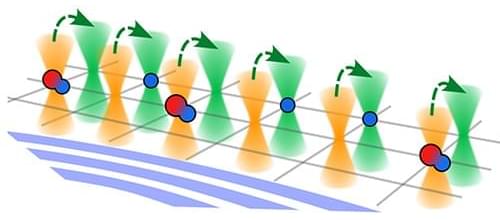

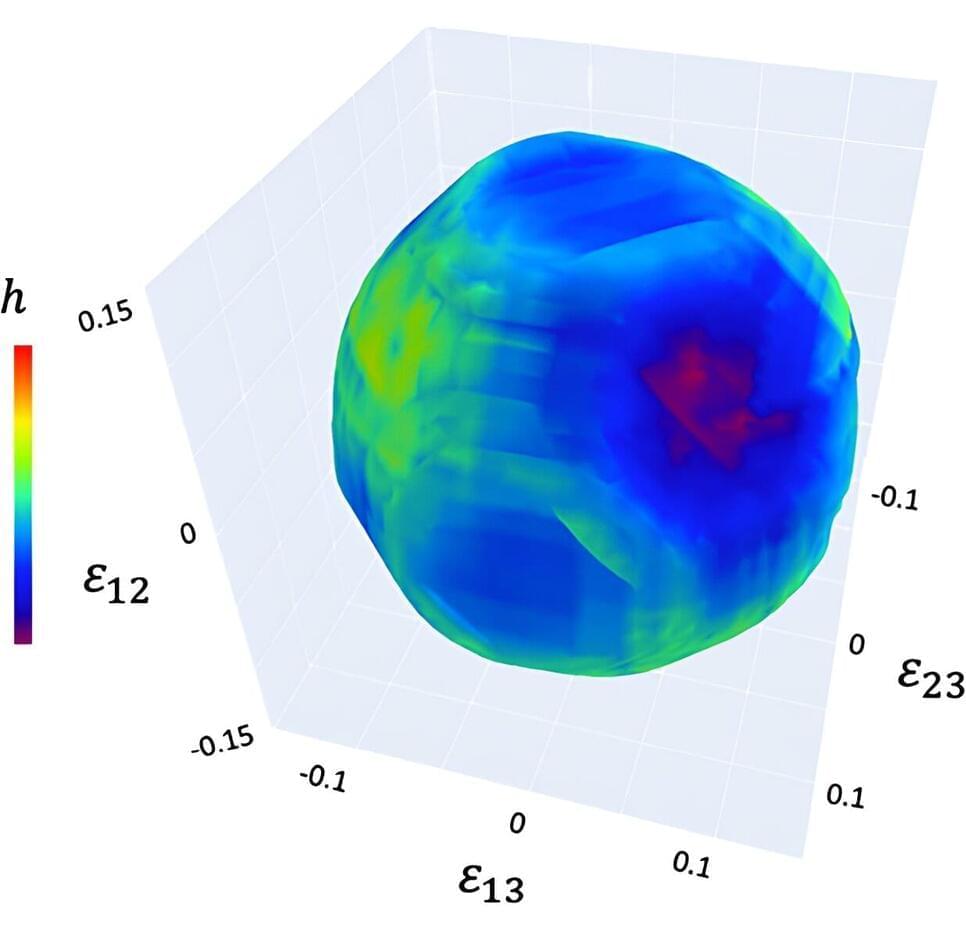

By Rachel Kremen, Princeton Plasma Physics Laboratory
The intricate dance of atoms fusing and releasing energy has fascinated scientists for decades. Now, human ingenuity and artificial intelligence are coming together at the U.S. Department of Energy’s (DOE) Princeton Plasma Physics Laboratory (PPPL) to solve one of humankind’s most pressing issues: generating clean, reliable energy from fusing plasma.
Scientific discovery doesn’t always require a high-tech laboratory or a hefty budget. Many people have a first-rate lab right in their own homes—their kitchen.
